Rotary lobe pumps are a type of positive displacement pump that is widely used in various industries, including food processing, pharmaceuticals, and wastewater treatment. These pumps are known for their unique design, which features a pair of lobes that rotate to move fluid through the pump. In this blog post, we will discuss the advantages and disadvantages of rotary lobe pumps, highlighting their benefits and drawbacks.
Rotary Lobe Pumps Advantages
Rotary lobe pumps have advantage in making them a popular choice in various industries. Some of the key benefits of these pumps include:
High Efficiency: Rotary lobe pumps are known for their high efficiency, which is due to their unique design. Furthermore, The lobes rotate to move fluid through the pump, which reduces energy consumption and increases overall efficiency.
Low Shear Rate: The low shear rate of rotary lobe pumps makes them ideal for pumping sensitive fluids, such as food products and pharmaceuticals. The low shear rate helps to prevent damage to the fluid and ensures that it remains intact.
Easy Maintenance: Rotary lobe pumps are relatively easy to maintain, as they have fewer moving parts compared to other types of pumps. This reduces the risk of wear and tear, making them a cost-effective option.
Versatility: Rotary lobe pumps can handle a wide range of fluids, including thick and viscous fluids, making them a versatile option for various industries.
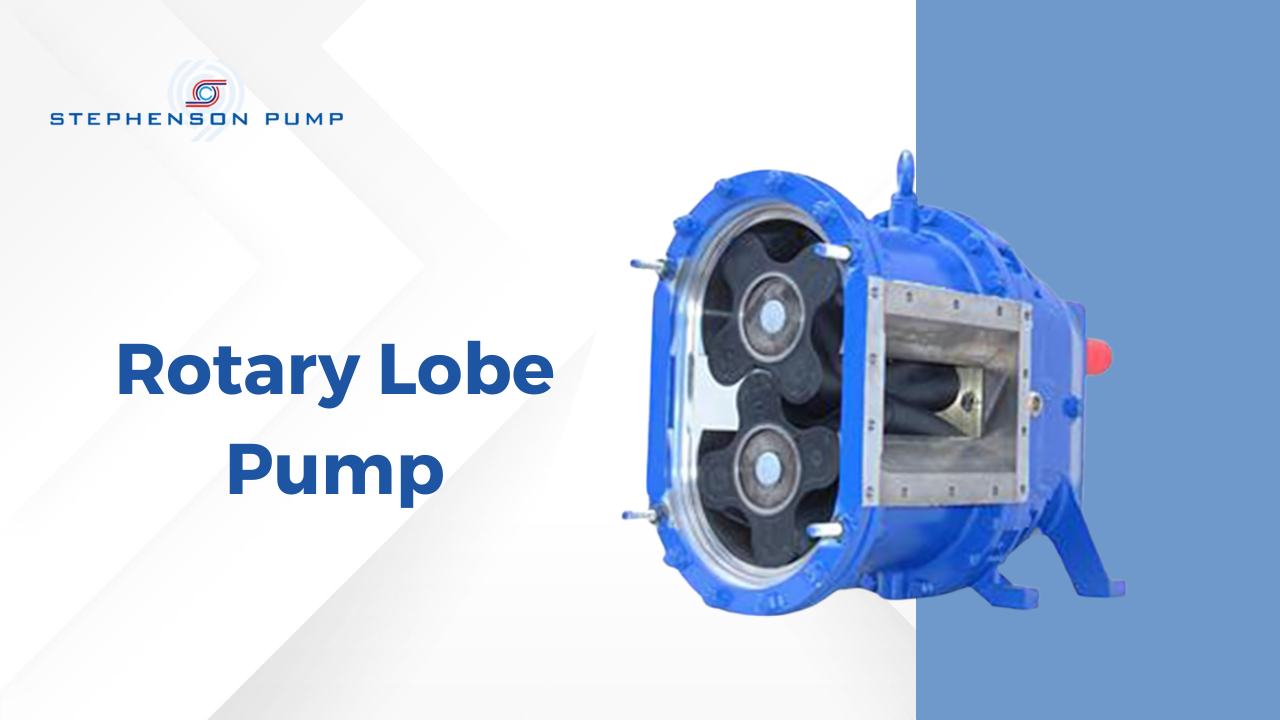
Rotary Lobe Pumps Disadvantages
While rotary lobe pumps offer several advantages, they also have some disadvantages that should be considered. Some of the key drawbacks of these pumps include:
High Initial Cost: Rotary lobe pumps are generally more expensive than other types of pumps, making them a significant investment for businesses.
Noise and Vibration: The rotating lobes of rotary lobe pumps can generate noise and vibration, which can be a problem in certain applications.
Limited Capacity: Rotary lobe pumps have a limited capacity, which can make them less suitable for high-volume applications.
Sensitive to Dry Running: Rotary lobe pumps are sensitive to dry running, which can cause damage to the pump and reduce its lifespan.
| ADVANTAGES | DISADVANTAGES |
| High Efficiency | High Initial Cost |
| Low Shear Rate | Noise and Vibration |
| Easy Maitainence | Limited Capacity |
| Versatility | Sensitive to Dry Running |
In conclusion, rotary lobe pumps offer several advantages, including high efficiency, low shear rate, and easy maintenance. However, they also have some disadvantages, such as high initial cost, noise and vibration, and limited capacity. By considering these factors, businesses can make an informed decision about whether a rotary lobe pump is the right choice for their specific needs.

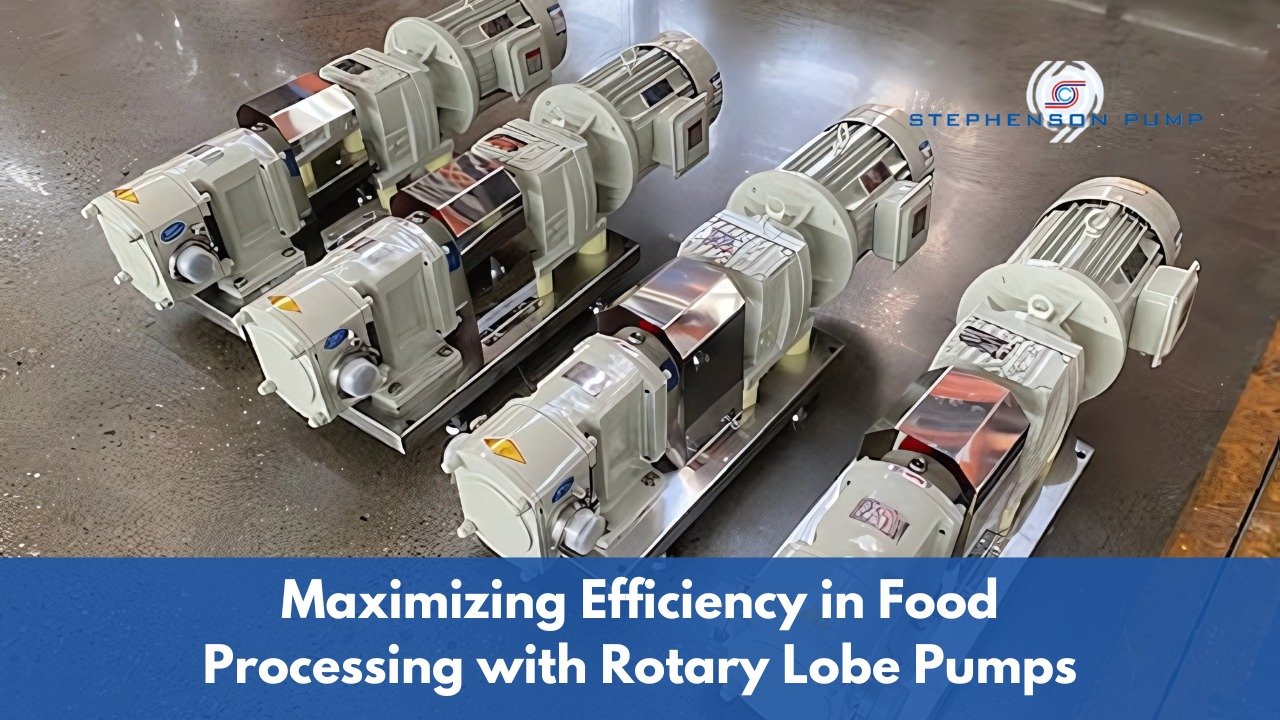
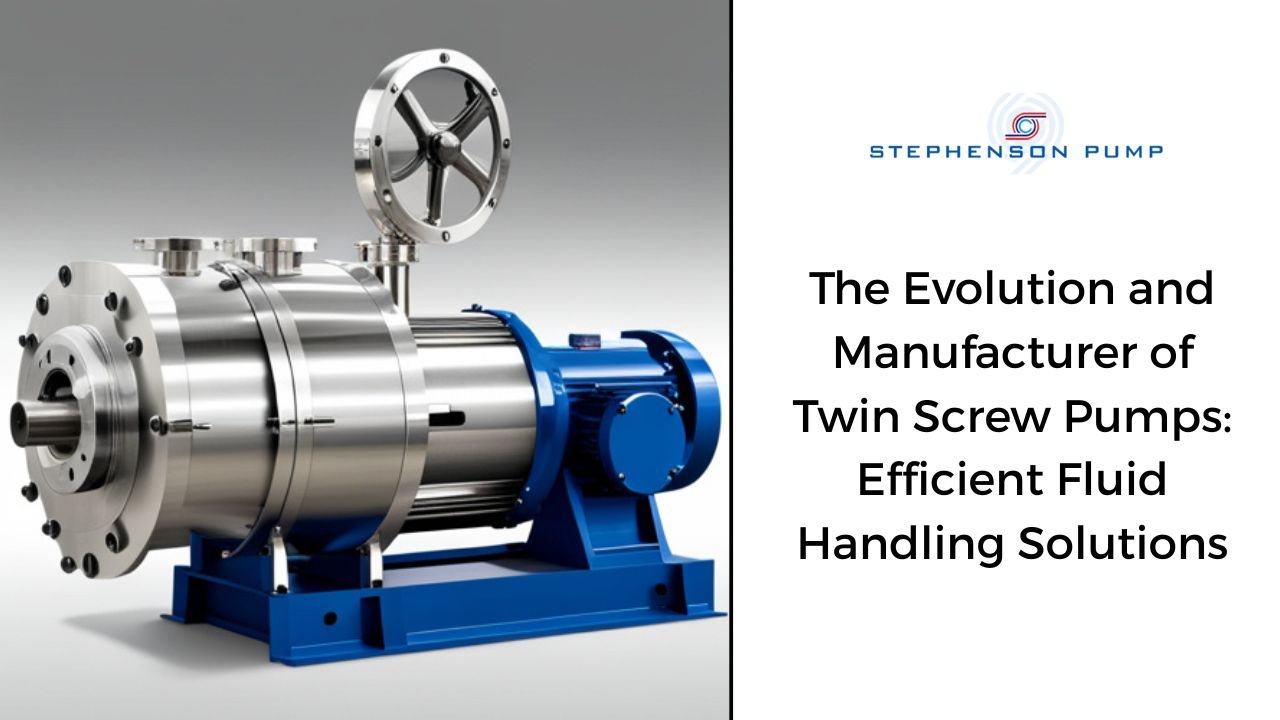
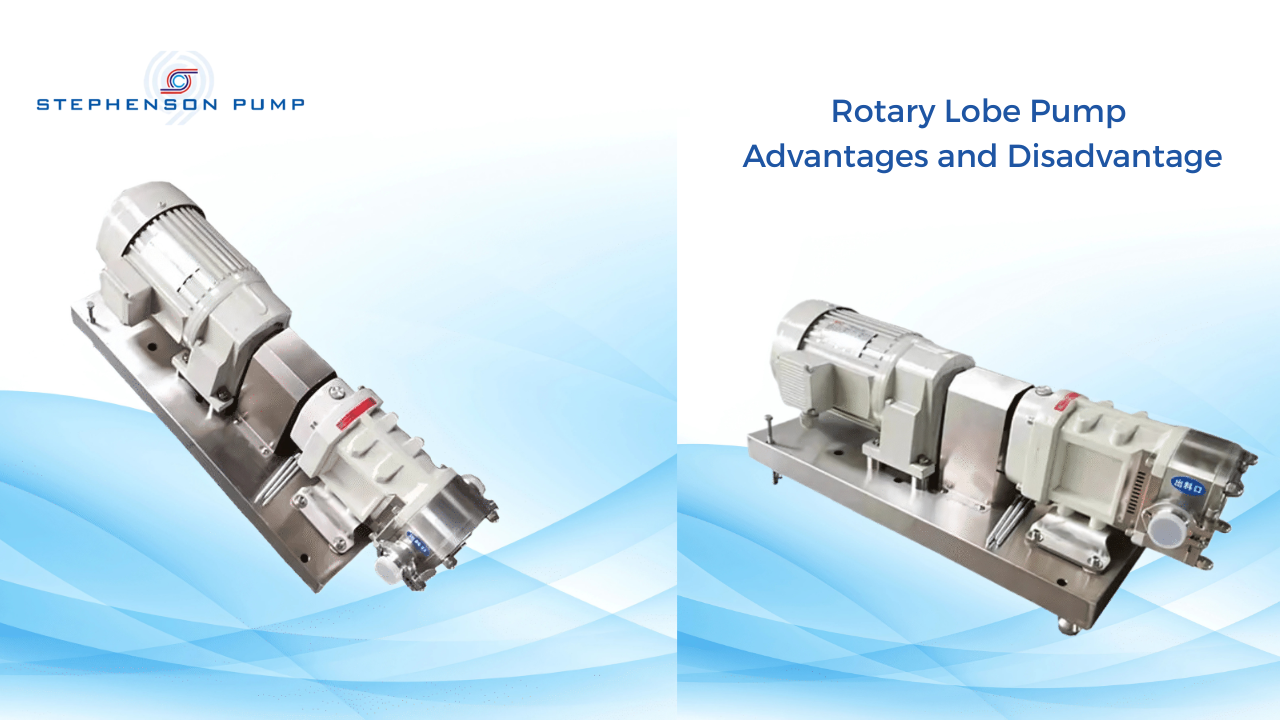
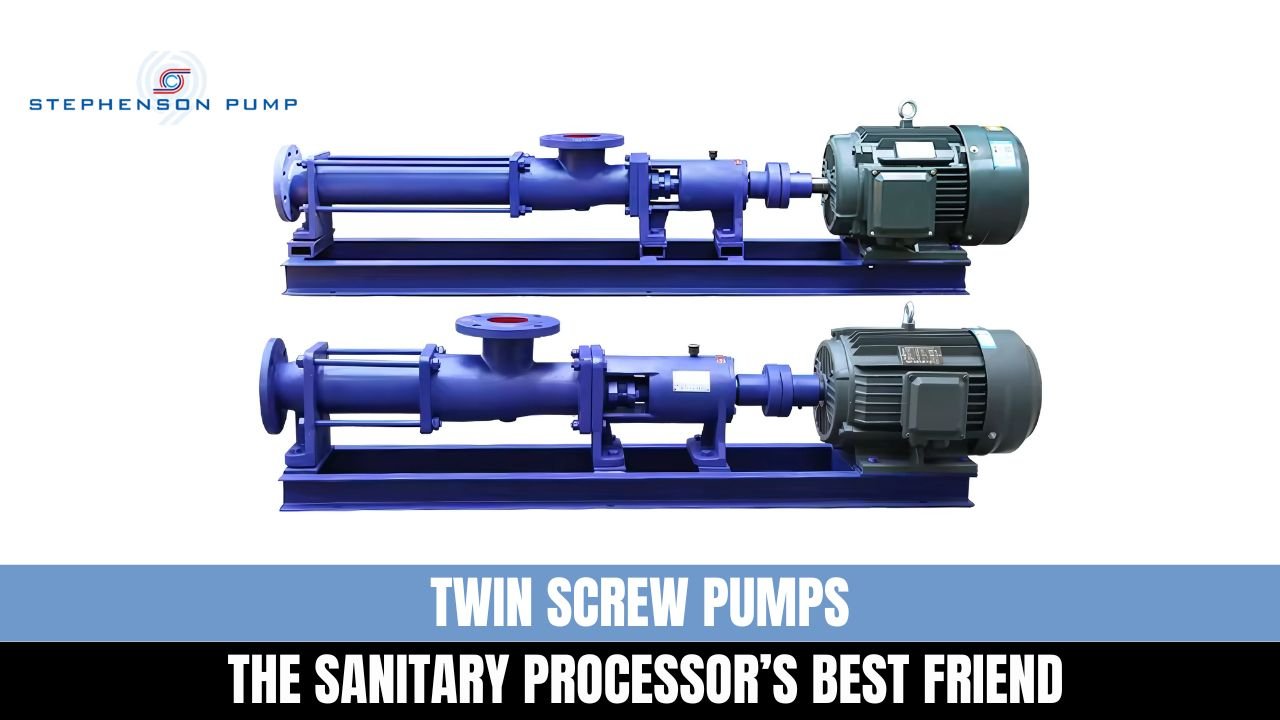
One Response
Very informative. I appreciate the effort.